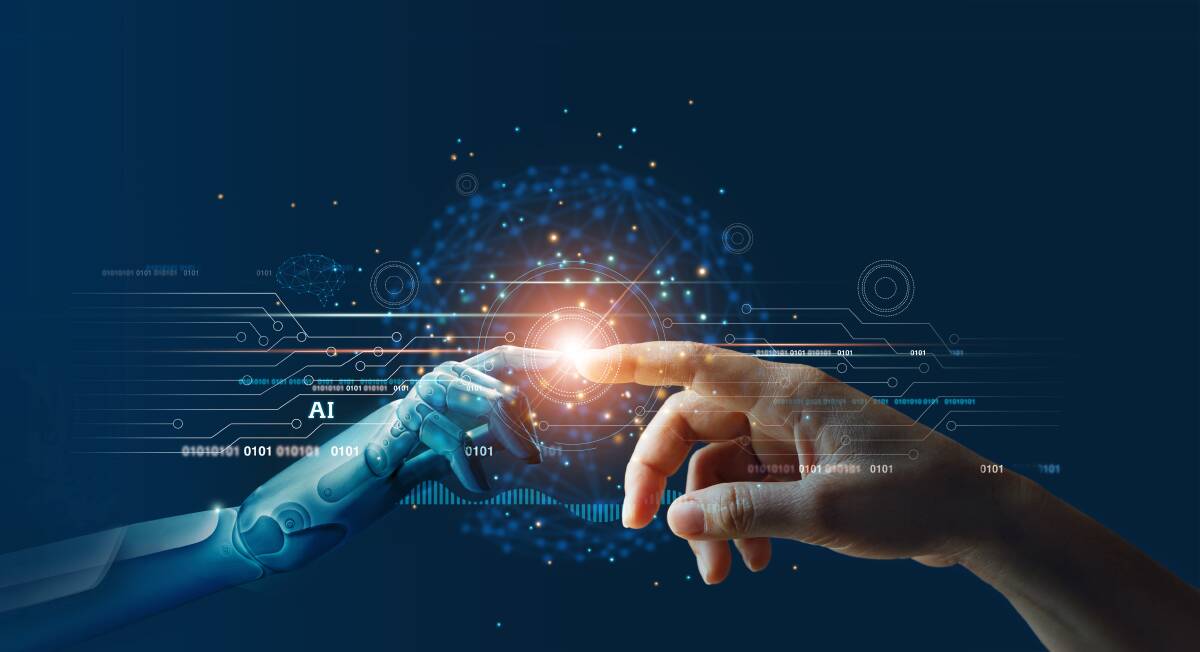In August 1997 Skynet went live and, after the ensuing nuclear conflagration, legions of Terminators (with obligatory evil red eyes) hunted down the surviving scraps of humanity.
Stephen Hawking added a more authoritative voice with the equally dire: "Once humans develop artificial intelligence, it would take off on its own and redesign itself at an ever-increasing rate." While Skynet realised that humans were the enemy that should be destroyed, Hawking's concerns were less violent.
While automation opens up new employment possibilities, history shows that businesses will replace humans with technology wherever it can.
Over the past few hundred years technology has been encroaching ever further into human territory. Initially it was by replacing simple mechanical labour, but in more recent years AI has been pushing into human intelligence.
In the early years of computing, that meant simpler tasks such as calculations and record keeping. This, with advances in the connected technology of the internet has now evolved to the point that it's inconceivable that our civilisation could operate without it.
More recently some remarkable products have become available. ChatGPT is causing huge disruption with its ability to generate grammatically correct, believable text on almost any topic. It can even generate computer code (unreliable) and do simple mathematics (badly).

The DALLE AI system is able to generate striking, photo-realistic images given a few keywords. However both it and ChatGPT have no understanding of real world logic. DALLE images contain strange artefacts such as additional fingers and oddly assembled limbs.
Both systems are masters of correlation but clueless about causation.
Despite those limitations, it's somewhat disturbing to get a glimpse of how far these things have developed and how they feel threatening the very things that make us human.
One big difference is that a machine has no sense of values and no motivations as we would understand them. Without empathy, you could even say they are somewhat psychopathic.
However AI does embody these traits insofar as their creators built them that way. AI is not value-free because its inherently is biased one way or another according to its design. That bias might be deliberate and beneficial, or it might be accidental.
That points to the crucial parts of this question are no different to any other technology: who owns it, who benefits and what it's used for.
If this sounds all very negative, there are also huge opportunities to use AI for good purpose. The world is accumulating stupendous volumes of data that simply cannot be managed by an unaided human. This can help understand the environment, predict the weather or manage the economy.
Whatever the case, the best outcome is when technology is used to enhance rather than replace ethical human behaviour.







